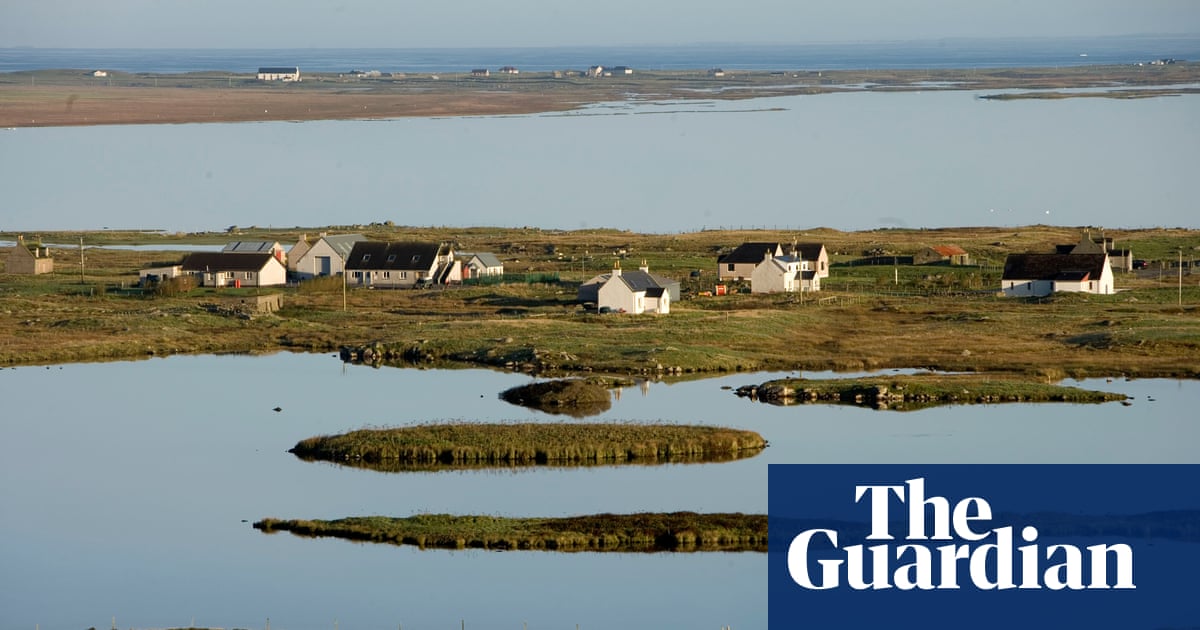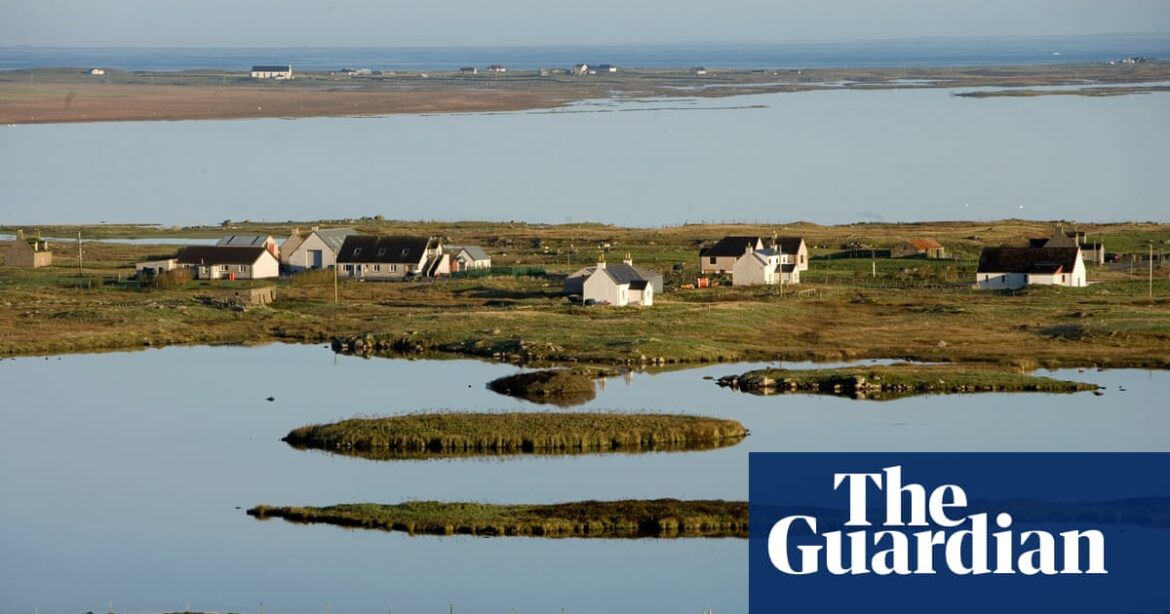
Looking for family physicians who want to experience a life full of excitement, beautiful beaches, and a picturesque environment. And if that’s not enticing enough, how about earning nearly £150,000 annually for a 40-hour work week?
NHS executives in the Western Isles are currently offering a remarkable salary in an attempt to address the recruitment challenges facing one of the most isolated medical practices in the UK. This practice serves the scattered communities of the Uists and Benbecula.
Rural areas in Scotland are facing challenges in hiring general practitioners (GPs) in their medical practices. The Western Isles is one of the most heavily impacted regions, and there is concern that the deficiency of GPs will exacerbate the already prevalent health disparities and population decrease on the islands.
Following the departure of the sole independent physician in Benbecula, NHS Western Isles plans to entice at least five general practitioners to relocate to the Uists and Benbecula by offering an exceptional salary and benefits package for contracted employment.
The problem in the Western Isles is partially caused by high housing costs, driven by an increase in croft conversions for vacation homes and a demand for properties from affluent retirees. Local physicians also report that medical offices on the islands are in poor condition and lacking space.
Scottish GPs will receive an extra 40% on top of their regular pay range of £69,993 to £104,469, along with a yearly allowance of £1,279 for working on distant islands and potential relocation expenses of up to £8,000.
So successful applicants paid the highest salary will receive more than £147,500 a year, including the distant island bonus, and get 41 days of holiday. Recruits will also land a £10,000 golden hello funded by the Scottish government after two years’ service.
According to the job description written by Dr. Frank McAuley, the medical director of the board, these positions present “an incredibly thrilling chance to break away from the competitive lifestyle and work as a physician in picturesque surroundings.”
He stated: “From Lochmaddy’s fishing port in the northern region, to Lochboisdale’s glistening beaches in the south, the islands of Uist and Benbecula provide a hospitable environment and are bustling with liveliness, action, and heritage.”
The new employees will operate out of Benbecula’s medical practice and will also serve at the local community hospital, which has a capacity of 17 beds.
Last year, NHS Western Isles provided higher salaries, which were 6% lower than the current ones, in an attempt to fill vacancies that have been open for a long time on the Gaelic-speaking islands of Barra and Vatersay, located south of the Uists.
The British Medical Association has been advocating for actions to alleviate the shortage of healthcare professionals in rural areas. It stated that the current pay rates serve as evidence of the severity of the rural recruitment crisis.
Between 2013 and now, it has been reported that Scotland’s GP workforce has decreased by around 200 full-time doctors and the number of practices has decreased by 9%. Meanwhile, the number of patients has increased by 7%. As a solution, certain NHS boards are paying locum doctors up to £900 per day in order to fill vacant positions.
More than 40% of practices in Scotland have at least one vacant doctor position, according to Dr. Patricia Moultrie, the deputy chair of BMA Scotland’s GPs committee. She attributed these difficulties in hiring to the Scottish government’s lack of funding in previous years.
“According to her, it is no longer practical or realistic to expect that we can continue as we are, with the belief that we will have enough doctors to accommodate the healthcare needs of Scotland and attend to remote areas such as the Western Isles.”
The government of Scotland announced a new program that includes £10,000 incentives and 50 bursaries worth £20,000 to encourage trainee GPs to work in difficult-to-fill positions. They also plan to allocate £3 million over four years for a national center dedicated to remote and rural healthcare.
Our spokesperson stated that all patients in need of seeing a GP should be provided with an appointment, regardless of their location.
Source: theguardian.com



